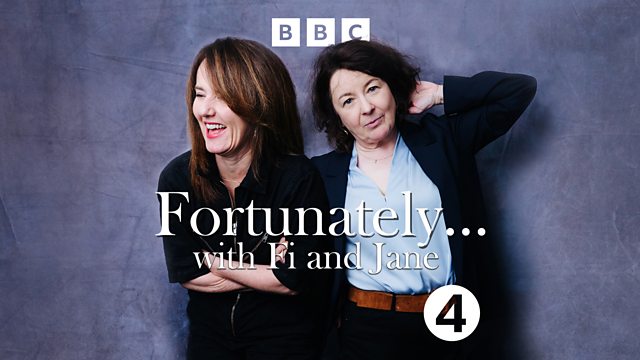
Introduction
BBC Radio 4 has been a cornerstone of British broadcasting since its inception in 1967, distinguishing itself as a platform for intelligent conversation and culture. As the UK’s premier speech radio network, it plays a crucial role in shaping public discourse through its diverse programming, ranging from news and current affairs to in-depth documentaries and original dramas. Its significance is underscored by its ability to engage, inform, and entertain audiences across generations.
Programming Highlights
Radio 4’s schedule features an impressive array of shows catering to varied interests. From the thought-provoking news programmes like The Today Programme to popular factual shows such as Desert Island Discs and The Archers, the station consistently draws millions of listeners weekly. Recently, the inclusion of special reports on climate change and the political landscape in the UK has further cemented its role as a source of reliable news amidst an overwhelming flow of information online.
Audience Engagement and Reach
Recent figures reveal that BBC Radio 4 attracts around 10.5 million weekly listeners, which represents a broad demographic—ranging from students to professionals and retirees. The network’s commitment to high-quality content is evident, with many listeners often sharing thoughts and discussing topics touched upon in programmes. The interactivity through social media channels has also enhanced engagement, inviting a global audience to participate in conversations that resonate in both local and international contexts.
The Future of Radio 4
As digitalisation transforms media consumption, Radio 4 continues to adapt. With its transition into podcasting and the availability of on-demand listening, the future seems promising. This evolution allows the network to cater to younger audiences who prefer consuming content on their own terms. Additionally, with plans to increase topical discussions and seasonal programmes focusing on mental health and public wellbeing, Radio 4 aims to remain relevant in an ever-evolving media landscape.
Conclusion
BBC Radio 4 stands as a vital institution within British culture, offering an auditory space for informed discussions and artistic expression. As it navigates the changing media environment, its emphasis on quality content will likely ensure its continued relevance. Listeners can expect an expansion of insightful programming that not only reflects the socio-political climate but also engages with broader cultural themes. Radio 4’s legacy will undoubtedly continue to influence and enrich the lives of its audience for years to come.
You may also like

The Role of Metro Systems in Modern Cities

Costa Coffee’s Commitment to Sustainability in 2023
